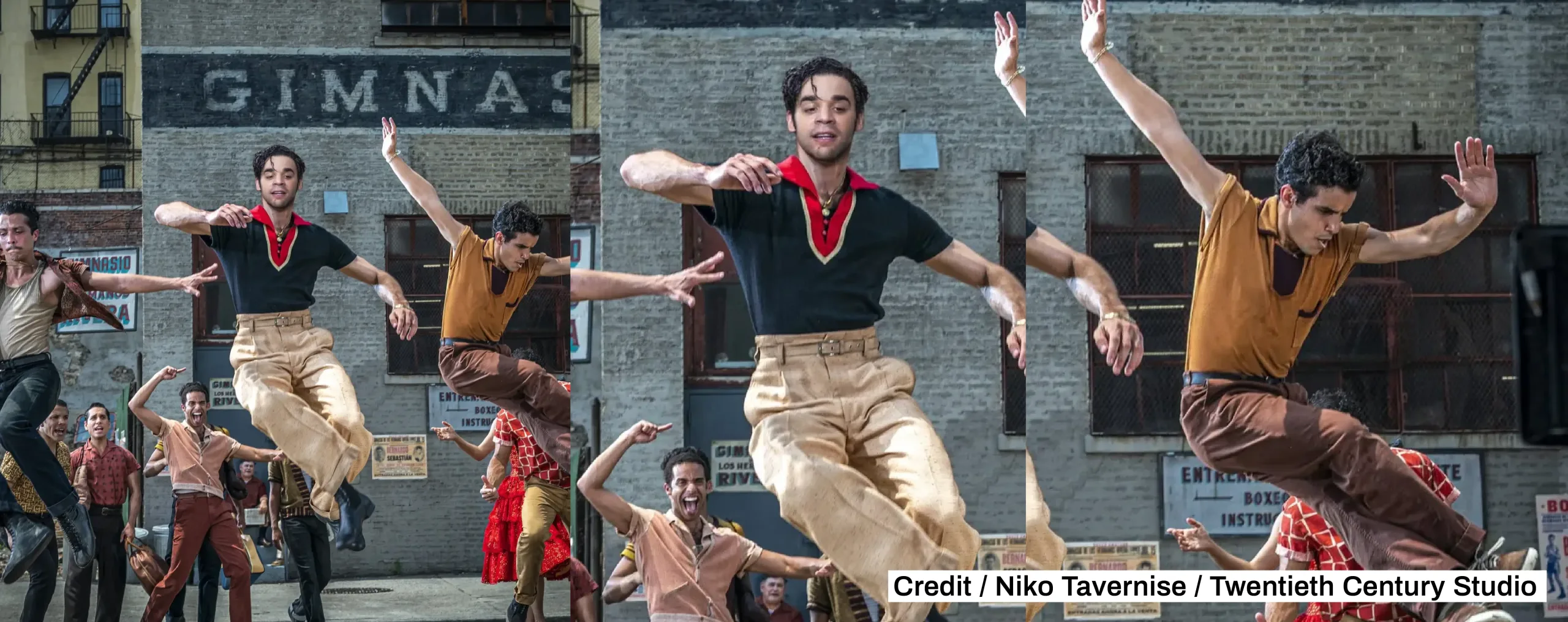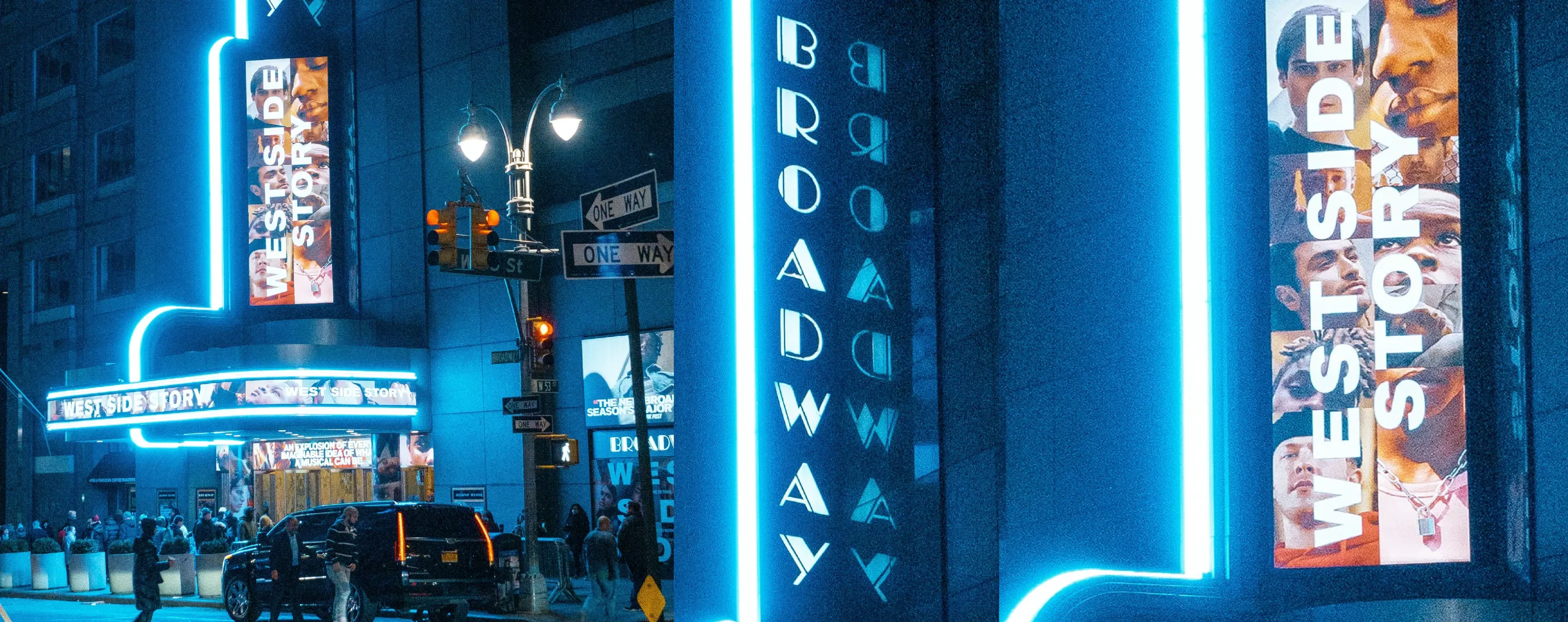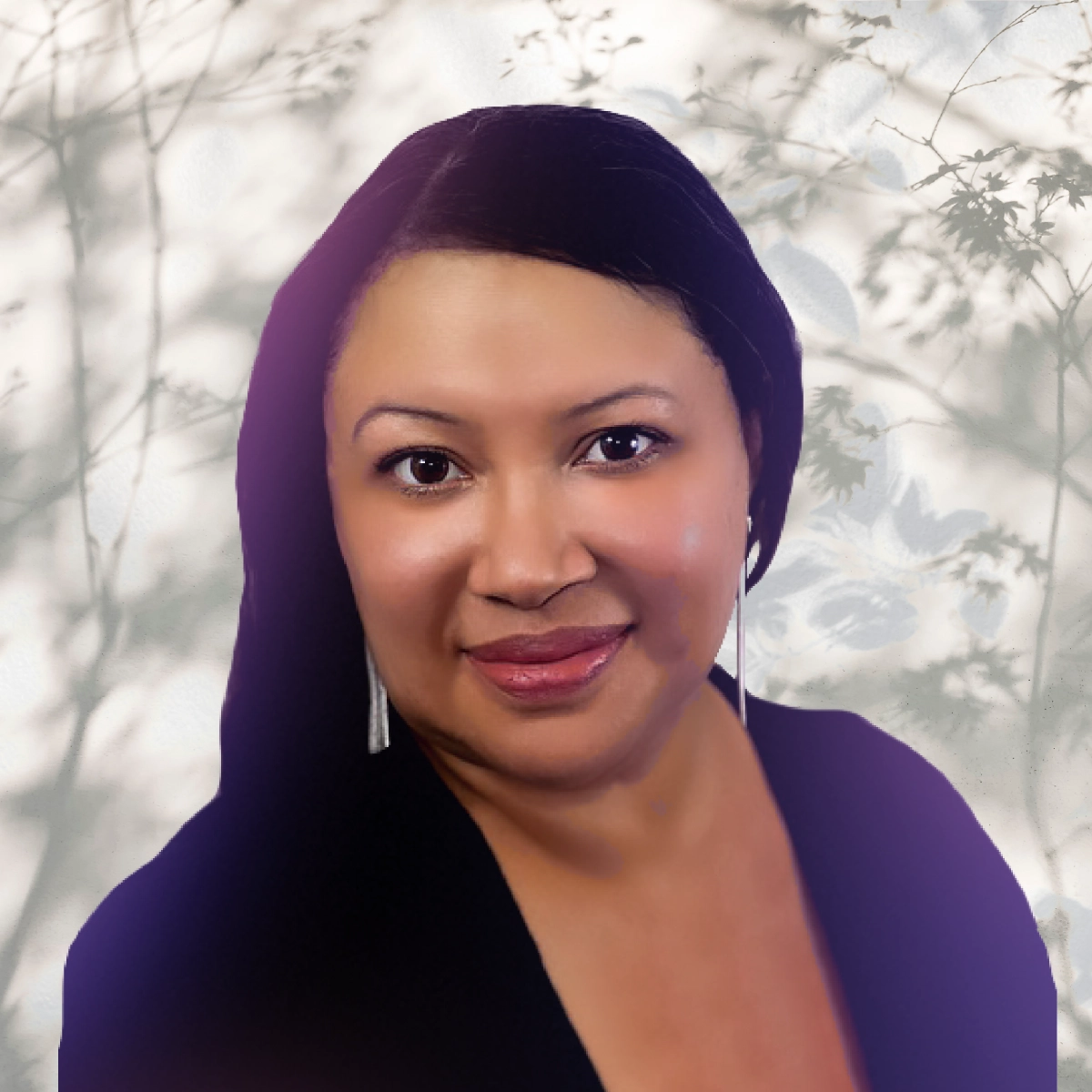More than a retelling of Romeo and Juliet, “West Side Story” is a musical essay about America: its harsh realities of racism, police corruption, street warfare, and tribalism. Replacing Shakespeare’s feuding families of the Montagues and Capulets, the street gangs of the Puerto Rican “Sharks” and the white “Jets” clash through dance and music.
Steven Spielberg’s remake of “West Side Story” arrives in theaters this December. Compared with the 1961 film version with Natalie Wood (who is Russian-American), the latest version casts all Latinx characters played by Latinx actors.
Though the newcomer Latina actor Rachel Zegler, who comes from mixed Colombian and Polish backgrounds, plays Maria, Puerto Rican actor and blogger Angelica Acevedo notes that, “Hollywood disproportionately casts Puerto Rican characters with non-Puerto Ricans actors, even if they are Latinx. It perpetuates a false narrative that all Latinx identities are identical and swappable, when there is tremendous variance.”
Puerto Rican culture is especially distinct; it does not share the same music, dialect, or cuisine as other Latin cultures. According to Acevedo, “When Hollywood does cast a Puerto Rican actor, they usually already have an established career like Jennifer Lopez or Rosario Dawson. There is a great potential talent pool of lesser-known Puerto Rican stage and film actors that are undercast and underrepresented.”
During pre-production both director Steven Spielberg and screenwriter Tony Kushner set up a town hall at the University of Puerto Rico to engage in dialogue with over sixty Puerto Rican invitees. Together, they discussed concerns of representation and the problematic aspects of the core narrative of this landmark work and how to best correct these issues in the ensuing remake.
Attendee Isel Rodriguez voiced concerns to Spielberg and Kushner about the power of the musical to “make you tingle inside and want to sing along,” but “that’s a complicated thing when you’re singing along to a lyric like, Let it sink back into the ocean.” Rodriguez was referring to the hit song “America,” where Maria’s brother’s girlfriend, Anita, sings a song disparaging her Borinquen homeland, its economic and climate-based stressors, and emphasizes her preference for the cosmopolitan experience of Manhattan. Her boyfriend, Bernardo (Maria’s older brother) counters Anita’s view with the continual racism experienced by Puerto Ricans in the United States:
Everything’s alright in America/If you’re all white in America.
Rodriguez added, “I don’t know if they’ll be able to fix the problem with just Latino actors and good accents.”

Another audience member named Alegre pointed out that “Spielberg did what he could with his answer. He tried to amend the situation. But the general feeling over here was neither of them got to the point of the question.” What went unanswered was whether the creators of the film’s most recent iteration would pay optimal diligence with cultural representation.
Criticism of the inaccurate and incendiary nature of Stephen Sondheim’s lyrics go back to the Broadway debut of West Side Story in 1957. There were actually two sets of lyrics, the first, which are quite a bit more derogatory, were introduced in the theatrical production. The version that Moreno sings in the ‘61 film, while still cringy, is watered down by comparison.
In 1957 physician Dr. Howard A. Rusk wrote a strongly worded letter to Sondheim about the lyrics’ accuracy. The musical perpetuated the false idea that Puerto Ricans were by implication carriers of diseases and a public health threat. He proved with hard data that residents of the island had a long life expectancy and statistically fewer instances of tropical diseases.
Sondheim chose not to alter the lyrics, even though he thought that Rusk’s anger was “justified.” He felt that “he wasn’t about to sacrifice the line that sets the tone for the whole lyric.” Rusk then penned a New York Times op-ed piece, “The Facts Don’t Rhyme,” in time with the musical’s Broadway debut. New York City’s leading Spanish language newspaper at the time, La Prensa, threatened to boycott the musical because of their negative portrayal of Puerto Ricans.
In the extraordinary 1994 essay “A Puerto Rican Reading of the America of West Side Story” by Puerto Rican scholar Alberto Sandoval-Sanchez, he speaks at length about the pain impressed upon him after having seen the film “West Side Story” in 1983:
My interest in decentering, demystifying, and deconstructing ethnic, social, and racial stereotypes of Latinos inscribed in the musical film was the result of witnessing the reaction of an Anglo – American audience that applauded euphorically after the number “America.”
Sandoval-Sanchez further illustrated that the “American” gang is composed entirely of the children of white European immigrants, and that the conflict is not just about the conquest and maintenance of violently secured territory, but was a “socioeconomic and racial confrontation” rooted in imperialism.
The musical’s creators Arthur Laurents, Leonard Bernstein, Jerome Robbins, and Stephen Sondheim were gay Jewish men grappling with their queer identities in a heteronormative and anti-Semitic world. The inital discussions of the project began in 1949, only a few years after the Holocaust. According to lore, the idea occurred to Jerome Robbins while on a holiday retreat at Fire Island with his partner, actor Montgomery Clift.
Arthur Laurents had originally called the first iteration of the book “East Side Story.” The Montagues and Capulets were Jewish and Italian-Catholic street gangs in New York City’s Lower East Side, set during the time of year when Passover and Easter coincide. There are vestiges of the original Jewish themes in the musical score. For instance, a repeated motif of a trumpet and whistle replicates the sound of the Tekiah, a horn call from a ram’s horn or shofar, which was traditionally sounded during the Rosh Hashanah service of the Jewish New Year. The sound symbolizes a call for tribal unity during the face of adversity, emancipation, and divine announcement.
Since it was a problem for their parents’ generation, it was ultimately determined that this conflict was outdated. The Puerto Ricans and Anglo-American Nativists in 1950s New York City would be a more contemporary ethnic point of historic conflict and adversity, than that of largely Ashkenazic Jewish immigrants and Italian-American Catholics. Their struggle as queer Jews to be seen as Americans who “belong” to the fabric of American culture was personal and immediate. But while their experience was as outsiders from an ethnic group recently recovering from the trauma of genocide (and of a sexual orientation where any public or private expression of same-sex love was criminalized) it still denies agency and voice to Puerto Ricans to be able to tell their own story, in their own words, with their own representatives.
There has been some additional progress in the casting and representation of the Spielberg-Kushner rendition of “West Side Story.” The current role of Anita will be played by the Afro-Puerto Rican actor Ariana Debose, who identifies as queer, and the character of Anybodys (based off of Shakespeare’s Balthesar) will be played by trans actor Ezra Menas.

While these are great steps forward, there are still many problems that remain. Many of the same errors continue to be made in 2021, as stereotypes persist within the lyrics themselves. Further, Latinx actors of any geography or cultural background are being cast in an interchangeable manner by content creators and casting directors; without acknowledging that cultural identities like Puerto Rican are distinct, and should be represented as such.
Just as the mid-twentieth century rewoven tale of Romeo and Juliet spoke to the audience of its time in a way that was seen as revolutionary for the theater and cinema, it was still beset with structural errors that caused hurt, and continues to do so. It would be truly radical if we can reimagine a retelling of the classic story of longing, desire, betrayal, conflict, and tragedy in a way that is not only fairly representational in terms of casting, but also in terms of co-authorship. This would create a true convergence of musical composition in a joint effort that is generated from within the cultures they represent.





